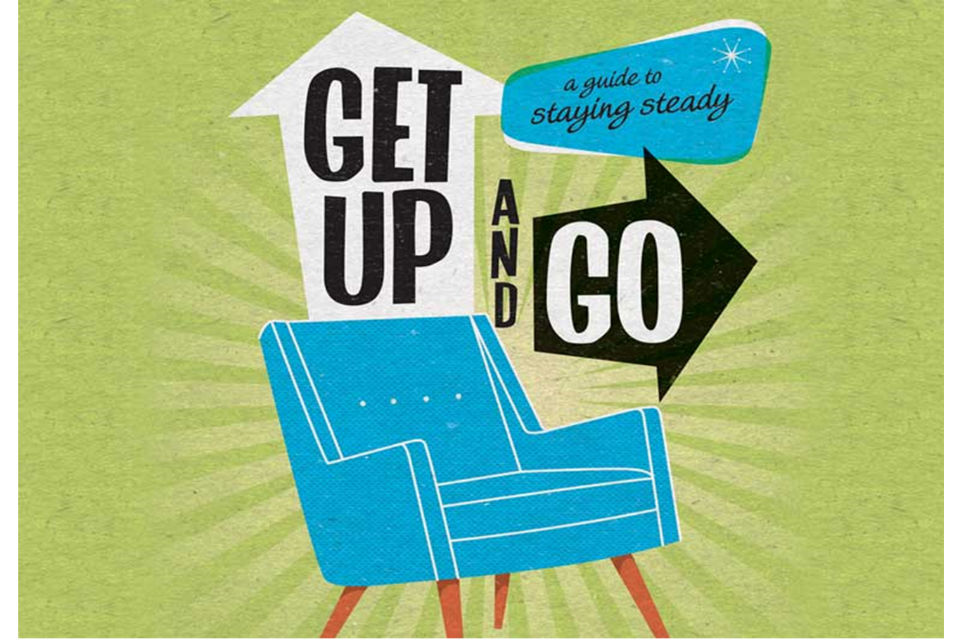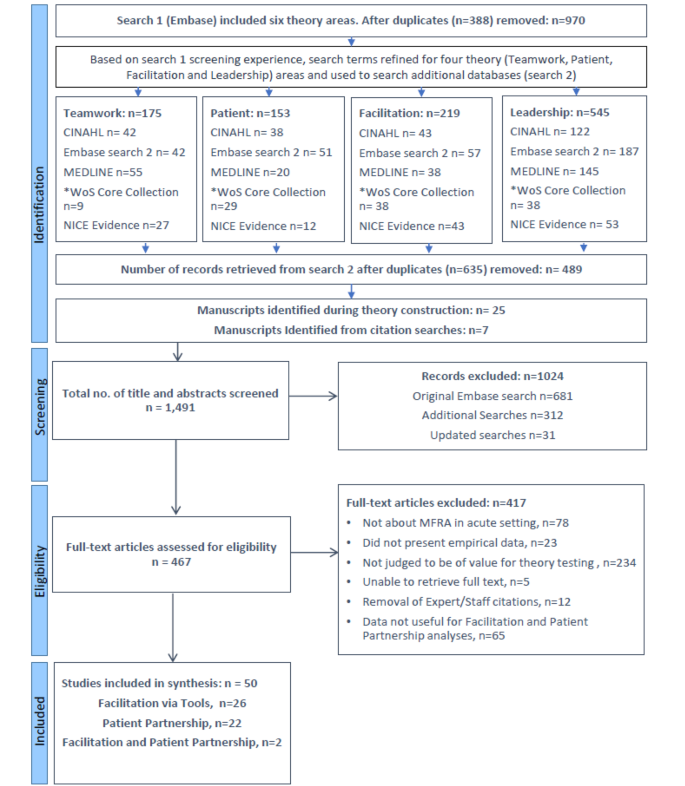Some Known Details About Dementia Fall Risk
Some Known Details About Dementia Fall Risk
Blog Article
Not known Facts About Dementia Fall Risk
Table of ContentsThe smart Trick of Dementia Fall Risk That Nobody is Discussing4 Simple Techniques For Dementia Fall RiskLittle Known Facts About Dementia Fall Risk.The Basic Principles Of Dementia Fall Risk The Buzz on Dementia Fall Risk
In the neighborhood, poor road lighting or vulnerable creeks and garbage dumps may likewise cause mishaps. Loss Danger Assessment Device (FRAT) is a 4-item falls-risk testing device for sub-acute and residential care. The FRAT has three areas: fall threat status, danger element checklist, and action plan. A Fall Risk Status consists of information about history of recent drops, medicines, emotional and cognitive standing of the patient.If the client ratings on a risk variable, the equivalent number of points are counted to the client's loss risk rating in the box to the far. If a person's loss threat rating completes five or greater, the individual is at high threat for drops. If the individual ratings only 4 points or lower, they are still at some threat of dropping, and the nurse needs to utilize their best medical evaluation to manage all loss threat variables as part of an alternative care strategy.
These common methods, in general, help develop a secure environment that decreases unintentional drops and defines core preventative procedures for all patients. Indicators are important for clients at risk for falls.
Dementia Fall Risk Fundamentals Explained
Wristbands ought to include the individual's last and initial name, date of birth, and NHS number in the UK. Details must be printed/written in black versus a white background. Just red shade should be made use of to signal special patient status. These recommendations follow existing developments in person identification (Sevdalis et al., 2009).
Items that are as well much might need the patient to connect or ambulate needlessly and can possibly be a hazard or add to drops. Helps protect against the client from going out of bed without any help. Nurses react to fallers' call lights faster than they do to lights initiated by non-fallers.
Aesthetic disability can significantly create falls. Keeping the beds closer to the flooring minimizes the danger of falls and serious injury. Putting the bed mattress on the flooring considerably reduces loss threat in some healthcare settings.
Some Ideas on Dementia Fall Risk You Should Know
People who are high and with weak leg muscular tissues who try to sit on the bed from a standing setting are likely to fall onto the bed because it's as well reduced for them to reduce themselves securely. Additionally, if a high patient efforts to stand up from a low bed without aid, the patient is most likely to fall back down onto the bed or miss out on the bed and drop onto the floor.
They're designed to promote timely rescue, not to avoid falls from bed. Apart from bed alarm systems, boosted guidance for risky clients also might help stop falls.

Clients with an evasion stride rise loss opportunities dramatically. To lower loss threat, shoes reference must be with a little to no heel, slim soles with slip-resistant tread, and support the ankle joints.
The Definitive Guide for Dementia Fall Risk
In a research study, homes with adequate lights report fewer drops (Ramulu et al., 2021). Renovation in lighting at home might lower loss rates in older adults.

Sitters are reliable for assuring a secure, protected, and secure setting. Researches demonstrated YOURURL.com extremely low-certainty proof that caretakers lower fall danger in severe care medical facilities and just moderate-certainty that options like video tracking can lower caretaker use without raising fall danger, suggesting that caretakers are not as valuable as originally thought (Greely et al., 2020).
The Definitive Guide for Dementia Fall Risk

Enhanced physical conditioning decreases the threat for drops and limits injury that is endured when autumn takes place. Land and water-based exercise programs might be similarly valuable on equilibrium and stride and therefore minimize the threat for drops. Water exercise may add a favorable benefit on equilibrium and stride for females 65 years and older.
Chair Increase Exercise is a basic sit-to-stand workout that aids strengthen the muscular tissues in the thighs and buttocks and improves wheelchair and independence. The objective is to do Chair Increase workouts without utilizing hands as the client ends up being more powerful. See resources area for a thorough direction on how to perform Chair Rise exercise.
Report this page